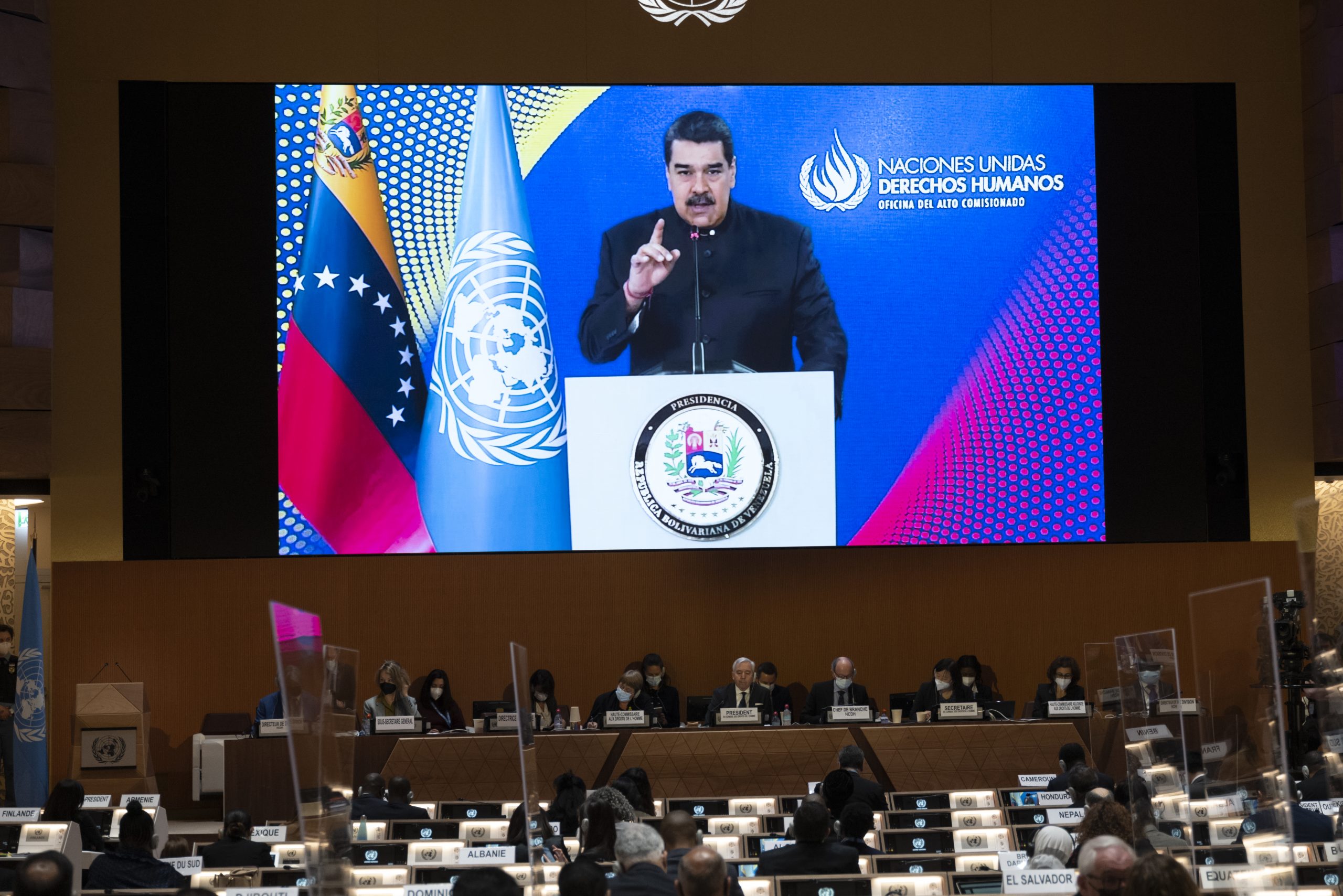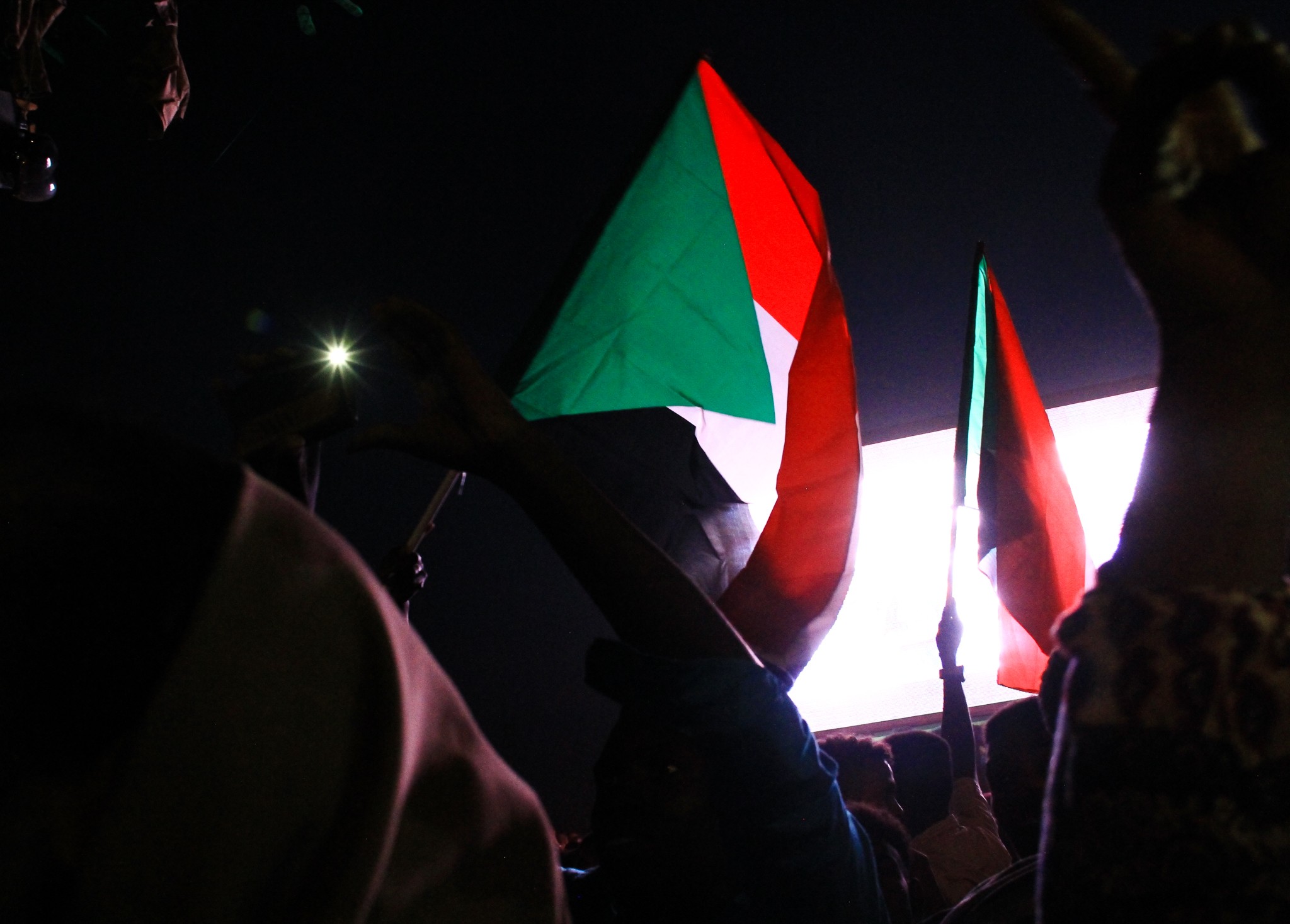The oppressive autocracy as a form of government in Venezuela has not softened, as evidenced by the continued absence of basic democratic principles such as the separation of powers, judicial independence and the rule of law, as well as the ongoing constraints on the fundamental freedoms of expression and association. The 2021 regional elections strengthened President Nicolás Maduro’s standing both in the international arena and internally vis-a-vis a divided opposition.
Under President Nicolás Maduro’s watch, the country’s GDP has shrunk by more than three-quarters – the deepest depression ever in the absence of war. Despite its return to moderate growth, Venezuela is still a petrostate in decay, immersed in an unprecedented multifaceted crisis. By the end of 2022, over 7.5 million Venezuelans had turned their backs on their country, depriving the country of its best-skilled workers. Basic services like education and healthcare remain inadequate, with 80% of the population living in poverty.
The regime has managed to secure power, but its public policy goals remain more distant than ever. The high rotation rate around top ministry and state-owned enterprise positions by a limited pool of high-ranking officials, many of them with a military background and only a handful with proven expertise, hampers the pursuit of consistent policy. This in turn fosters visionless ad-hoc tactics. Corruption is the strategy used to buy the support of stakeholders via unlawful means.

